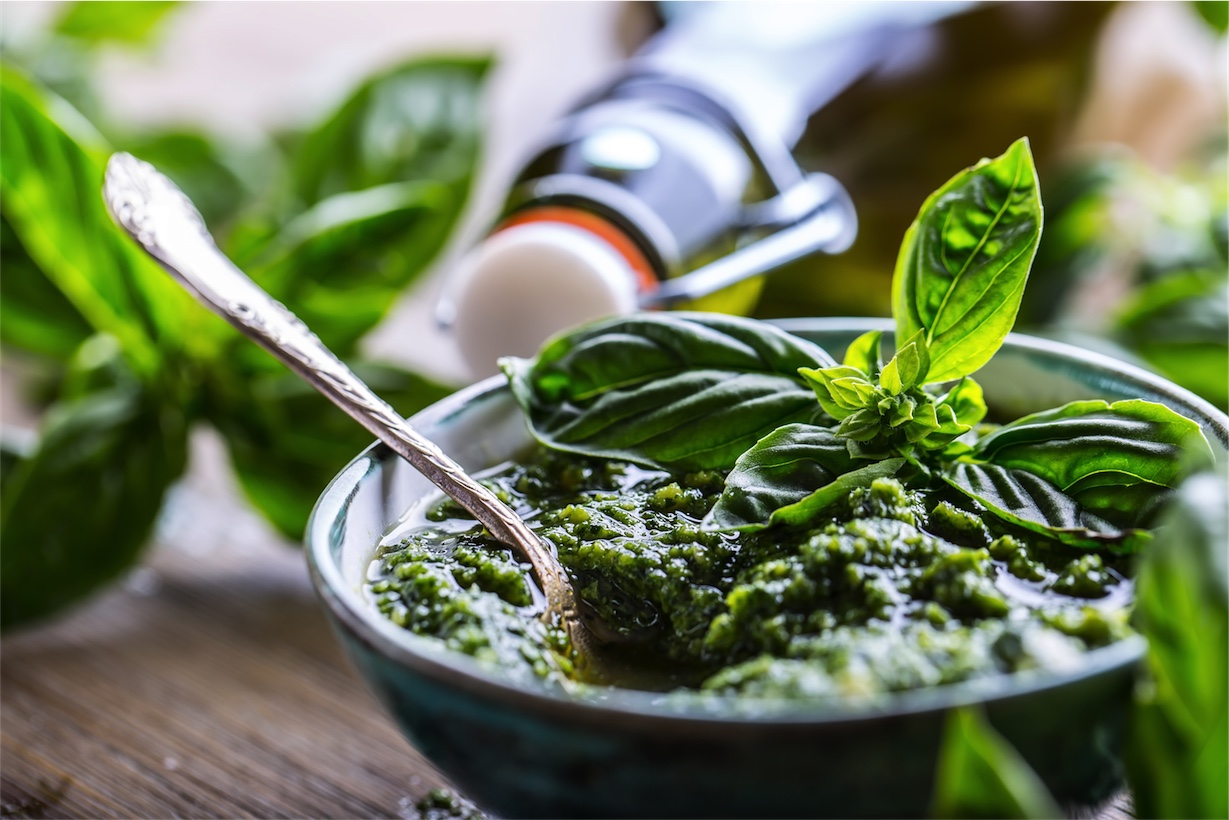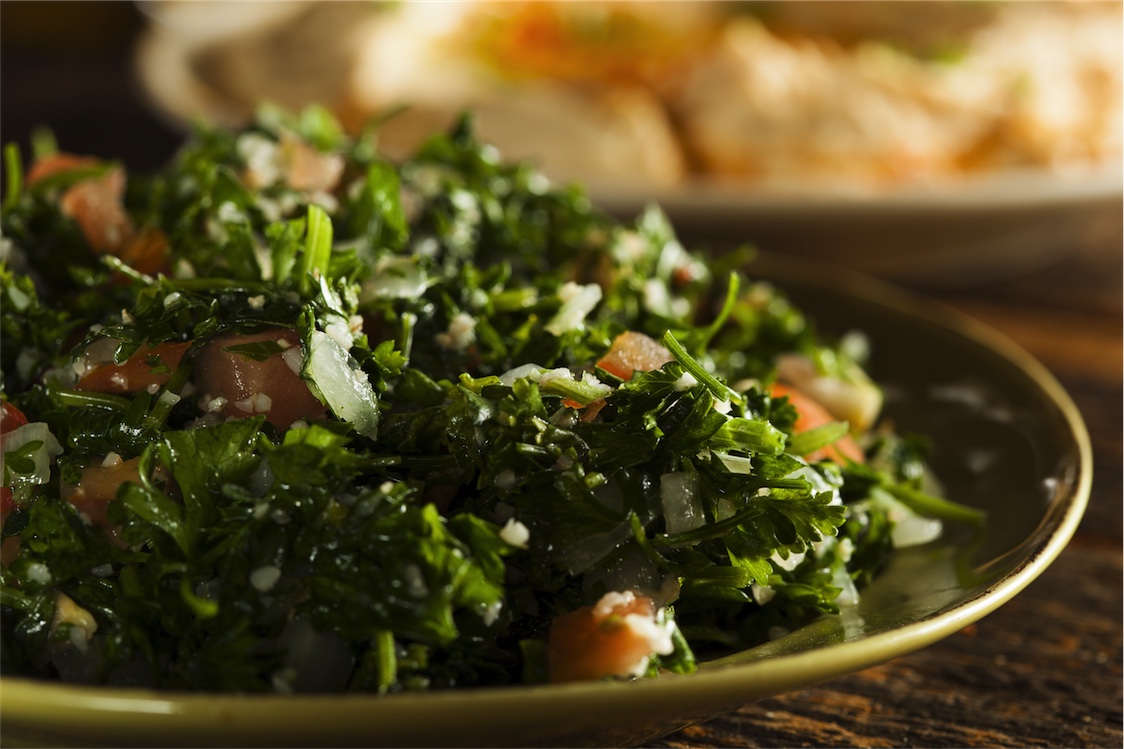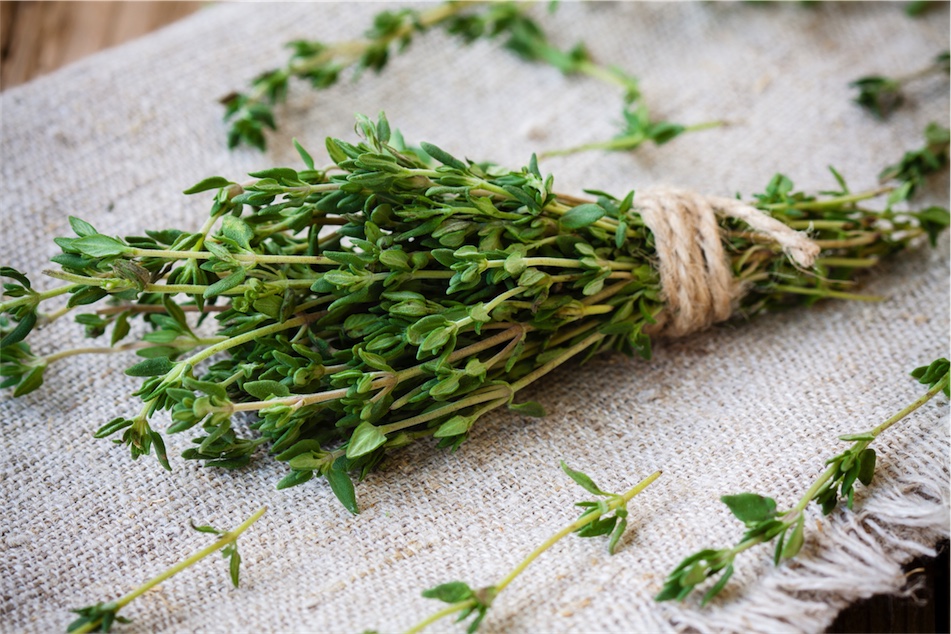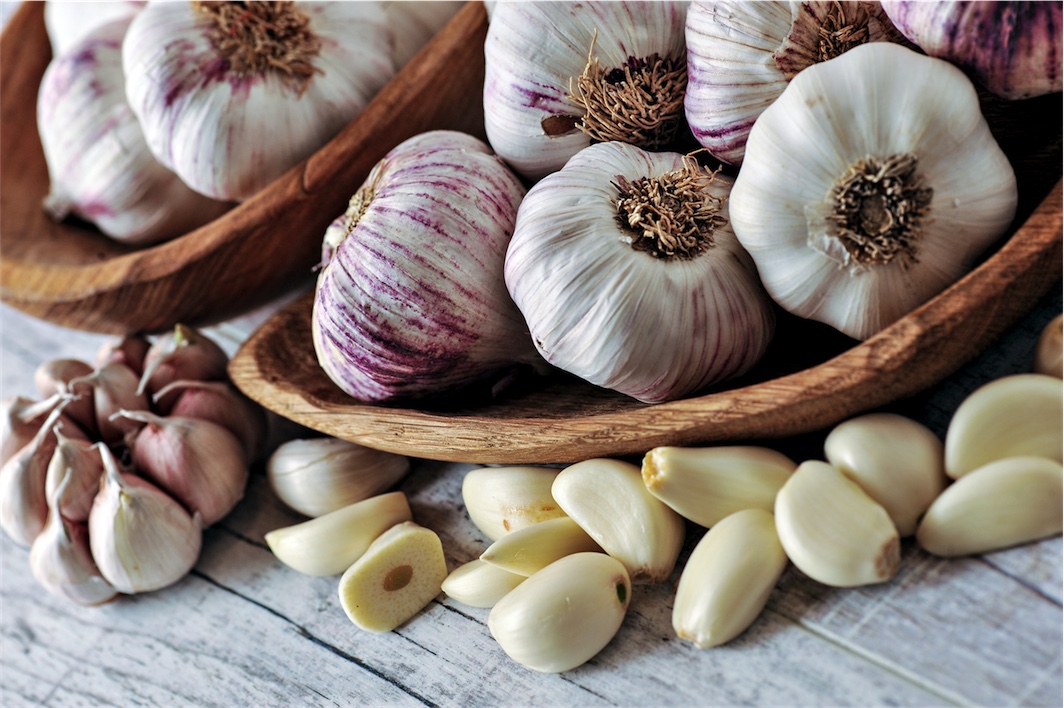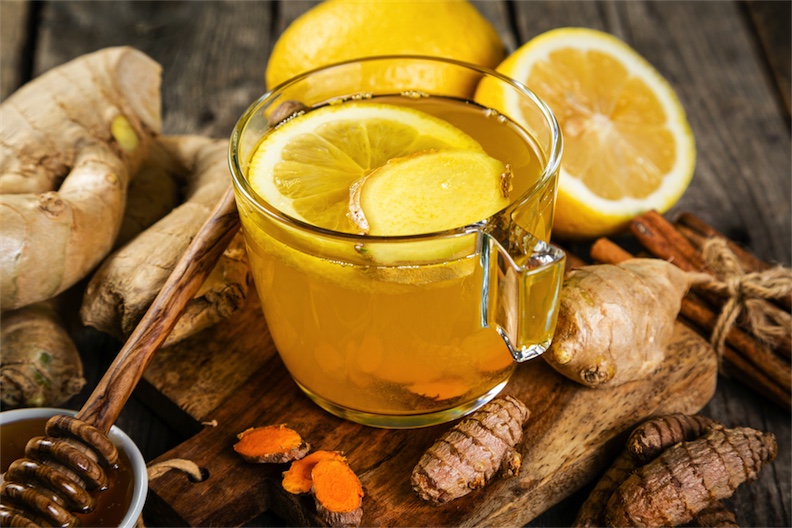5 pantry plant medicines for your immune system
Sometimes we feel like we need to seek out exotic herbal medicines. Yet, often our most potent plant allies are the ones under our nose – in our kitchen or garden.
Every year as we head into Winter, there’s a spike in respiratory viral infections such as the common cold, influenza and bronchitis. Plant medicines have had a traditional role in supporting the immune system to reduce the chance of getting ill, helping manage acute symptoms and promote recovery.
No single herb is going to bulletproof your immune system. You also need to be eating a nutritious diet, sleeping well and generally taking care of yourself. Be smart and know that if you’ve got severe symptoms, you also need to be under the care of a qualified health professional. Be sensible and stay safe.
In this article, I’m introducing or re-acquainting you to/with five herbal medicines that you probably have available to you right now.
** This article is about the whole plant properties and not the essential oils. Essential oils are generally not suitable for children under ten years old and pregnant or breastfeeding women. Essential oils are not suitable for internal use unless under the guidance of a qualified practitioner.
Basil
Basil is a familiar culinary herb that is easy to grow. For those who are apartment dwellers, it thrives in pots.
Beyond being a tasty topping for your pasta, basil supports digestion, lung health and your nervous system.
Basil contains useful amounts of both Vitamin A and C. These are vital nutrients for healthy mucous membranes – the immune system’s first line of defence.
As a respiratory support herb basil can help shift mucus out of the lungs and support sinus drainage. I also use it for clients with hay fever, particularly those sensitive to pollen.
How to use basil
Traditional pesto is one of the tastiest ways to include basil in your diet. Have 1-2 tablespoons per day as a topping on meat, pasta, eggs, or salads.
Make an infusion with the dried or fresh leaves and add a little honey to help clear mucus from the lungs.
Pour boiling water on the fresh leaves and use as a steam inhalation to relieve the stuffy sinuses of a head cold.
When used in culinary doses, basil is a safe herb for all ages.
Parsley
Poor old parsley is regularly relegated to garnishes and often abandoned on the side of the plate.
Like basil, parsley is also high in vitamins A & C. A couple of tablespoons contain more Vitamin C than an orange and more Vitamin A than cod liver oil. Most would agree; it’s also a lot tastier than cod liver oil.
How to use parsley
To preserve the vitamin C content parsley is best eaten raw. Finely chop it and add to scrambled eggs, smoothies, salads or your smashed avocado. You can also make a parsley pesto. The ultimate homage to parsley is the Mediterranean salad tabouli.
Thyme
Sometimes I have to pinch myself because even after many years of use, I still can’t believe how this little herb packs so much punch for respiratory tract infections. Thyme I salute you!
Thyme, like many culinary herbs, is high in volatile oils. These have shown to be antiseptic and antimicrobial. American herbalist, Matthew Wood notes that thyme is suited for cold, inactive conditions where there is a tendency to chills and shivering.
It is useful to help relax coughing, specifically dry, irritable coughs that seem to be never-ending. At first, when taking thyme, mucus may increase. This contradictory reaction is a positive sign. Thyme is loosening the stuck mucus and helping the body to eget rid of it. This action also improves the airflow into the bronchial tubes of the lungs.
Respiratory conditions where thyme can be supportive include sore throats, tonsillitis, laryngitis, acute head colds with fever, and postnasal drip.
How to use thyme
As an infusion
(Fevers, coughs and stuck mucus)
Make up a strong infusion by steeping one heaped tablespoon of dried thyme in one litre of water for 15 minutes. Do this in a covered vessel to capture as much of the essential oil as possible.
Drink up to four cups per day (warm), add a little honey for taste.
If using fresh thyme, use three tablespoons per litre of water.
As a gargle
(Throat conditions)
This gets thyme acting as a topical antiseptic on the mucus membranes.
At the first inkling of the tickly throat that often precedes respiratory viral infections make a strong infusion of thyme, let cool to room temp and then gargle for 30-60 seconds every half hour. Make this up fresh every day.
As a steam inhalation
(for sinus infection, bronchitis)
Fresh thyme is preferable, but dried can also work. Take a couple of tablespoons of the leaves and place in a large bowl. (You can also use the essential oil (3-5 drops). Pour over boiling water and inhale the steam by placing a towel over your head and the bowl. Be careful not to scald yourself. Inhale for 5-10 minutes once or twice a day.
Steam inhalation will allow the thyme to get into the air passages and can help with sinuses and to ease breathing and reduce coughing.
Detailed instructions for a steam inhalation
Garlic
Garlic is ancient medicine. Egyptians Pharaohs were accompanied into the afterlife with this aromatic member of the onion family. Garlic is the top contender for a plant panacea. It’s widely available and eminently useful for respiratory tract infections.
Garlic is antimicrobial and mucolytic (thins and dissolves stuck mucus). It also increases the secretions of the mucous membranes. Healthy activity of the mucous membranes is the immune system’s first line of defence.
Garlic is helpful for: the common cold, influenza, chronic bronchitis, chronic coughs, congestion and dried out mucus.
How to use garlic
Fresh garlic is superior to aged when it comes to respiratory tract infections. Aged garlic is more beneficial for heart health. Garlic also needs to be chopped or crushed activate to activate alliin, the compound responsible for the healing activity. Long cooking degrades alliin. If you want to make your food a little bit medicinal add some garlic at the end of cooking.
Culinary
It’s pretty easy to get garlic into your life. Some hearty souls will eat it raw, but that can be a bit intense and uncomfortable for digestion. Combining it as part of a dish is usually more appealing.
- Add a clove to your smashed avocado
- Make some gremolata and top fish, steak, poached eggs
- Add to a homemade vinaigrette and use in salads or steamed vegetables
Fire Cider
Fire Cider is a mix of warming and stimulating herbs and spicy used as a preventative immune tonic and includes, garlic, ginger, horseradish in an apple cider vinegar base. There are many recipes available on the internet.
Garlic Oxymel
Oxymel is just a fancy way to say an infusion made with honey and vinegar. This is a good one to prepare in advance. Stored correctly it will last between 6-12 months. You can use this as a tonic or add to salad dressings or steamed vegetables.
Ginger
The ginger rhizome is a popular culinary herb.
Ginger is anti-inflammatory and immune-modulating. A 2008 (animal) study found ginger reduced lung inflammation and might be useful in allergic asthma.
Traditionally ginger has been used for influenza, postnasal drip and sore throat with swollen glands. The other way ginger is useful is that it’s warming action improves circulation to the lungs and mucous membranes.
American herbalist Stephen Buhner uses fresh ginger juice (diluted in water) as an antiviral. Dried ginger does not have an antiviral effect as the plant’s constituents alter with the drying process.
How to use ginger
Juice
Juice 4 pieces of ginger rhizome around 3cm in length. Combine ¼ cup of juice with 350mL of hot water and one tablespoon of raw honey. Drink 4 cups per day.
Infusion
Either use the leftover from juicing or finely chop/grate ginger (size of your thumb) steep in 500mL hot water, covered for 2-3 hours. Drink four cups a day.

Need help with
Norelle Hentschel is an experienced Naturopath with a clinic in Stones Corner, South East Brisbane and also offers Telehealth consults Australia wide. She enjoys supporting her clients to reach their health goals.
Want more articles like this?
Receive a monthly digest of natural health information to help you become “health” sufficient!
PS. Your inbox real estate is precious, and we will never annoy you with sales pitches or share your details with anyone else. One email a month — that’s it.


